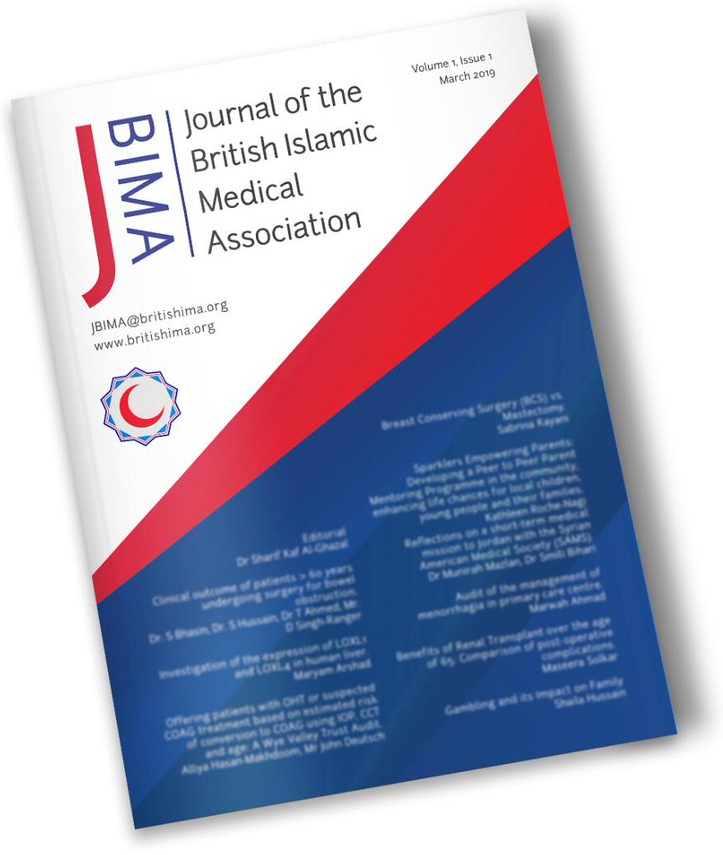
The Public Health England’s 2017 report “Guide to Healthy Living: Mosques” cites national data indicating that BAME groups often have poorer levels of physical activity, for example, only 11% of Bangladeshi and 14% of Pakistani women undertaken the recommended amounts of physical activity per week compared to 25% in the general population.
With many BAME communities following the Muslim faith, the mosque as a hub and community centre is an ideal and largely untapped medium for the delivery of high-quality public health interventions to improve health outcomes of the over 3 million Muslims in the UK.
The methods could be numerous, from encouraging healthier food to be served at community meal events such as Iftars during the Month of Ramadan, to organising weekly group walks in a local park for elderly members of the congregation to subtle changes in the way Madrassah (Supplementary Schools) structure their lessons for pupils to introduce more physical activity.
The British Islamic Medical Association (BIMA) itself has been active in this space for many years, through its landmark annual LifeSavers programme with free CPR training, Ramadan Health Awareness talks and Cancer Screening Awareness campaign earlier this year where mosques are able to “Request A Speaker” from BIMA’s skilled and qualified health professional network.
And aside from physical health, mental health is just as important e.g. via the capacity building of Imams and Aalimahs, such as through the free Mental Health training courses offered by the grassroots voluntary Muslim charity Inspirited Minds. This and similar programmes have the potential to upskills the thousands of spiritual leaders at our mosques across the UK if scaled up effectively.
Recommended Friday Sermons on health-related topics are another way to raise the healthy lifestyle agenda, and at the Muslim Council of Britain (MCB) we regularly share template Friday Sermons with our members and maintain a bank of them on our website (www.mcb.org.uk/friday-sermons)
And we hope to continue to advocate for better awareness of health issues in mosques via the annual Our Mosques Our Future conference, which is next planned for October 2019 in the Midlands, as well as MCB’s Mosques & Health working group.
The 2017 Public Health England report was based on a regional pilot with 6 mosques in the West Midlands delivered in partnership with Birmingham City Council and KIKIT Pathways to Recovery.
The need for further regional projects to explore the most effective ways to harness faith-based institutions as conduits for community health improvements is much needed and requires collaboration from across the public sector, private sector and civil society.

